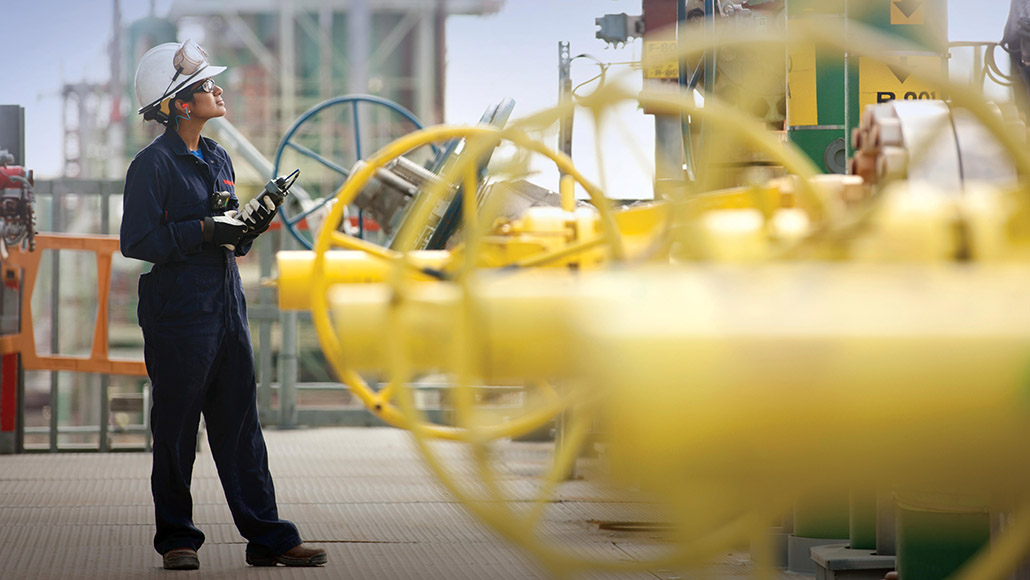selected item
The energy industry’s joint safety venture, Marine Well Containment Company (MWCC)
MWCC introduced its Interim Containment System (ICS) in February 2011. Today, the company’s Containment System includes two Modular Capture Vessels (MCVs), enhanced Subsea Umbilical, Risers and Flowlines (SURF) equipment, five capping stacks and additional ancillary equipment. MWCC has 10 member companies and represents unprecedented industry collaboration.
Marine Well Containment Company (MWCC) is an independent company with headquarters in Houston. The company, which is not in the business of making a profit, is committed to being continuously ready to respond to a deepwater well-control incident in the U.S. Gulf of Mexico.
The MWCC Containment System is built for use in the deepwater U.S. Gulf of Mexico in water depths from 500 feet to 10,000 feet, temperatures up to 400 degrees Fahrenheit and pressures up to 15k psi. A 20k psi – 400 degree Fahrenheit capping stack has also been built and is currently under review for acceptance by the Bureau of Safety and Environmental Enforcement (BSEE). MWCC’s suite of containment equipment enables the company to mobilize and deploy the most appropriate well-containment technology based on the unique well-control incident and equipment requirements. The system has the capacity to contain up to 100,000 barrels of liquid per day and handle up to 200 million standard cubic feet of gas per day. MWCC worked with regulators from the Bureau of Safety and Environmental Enforcement (BSEE) and the U.S. Coast Guard to ensure all expectations were met and that the system would not only safeguard the U.S. Gulf of Mexico but allow new permits to be issued. In keeping with the company’s mission to be continuously ready to respond, the equipment is regularly tested and maintained to ensure a ready state at MWCC’s two shore bases.
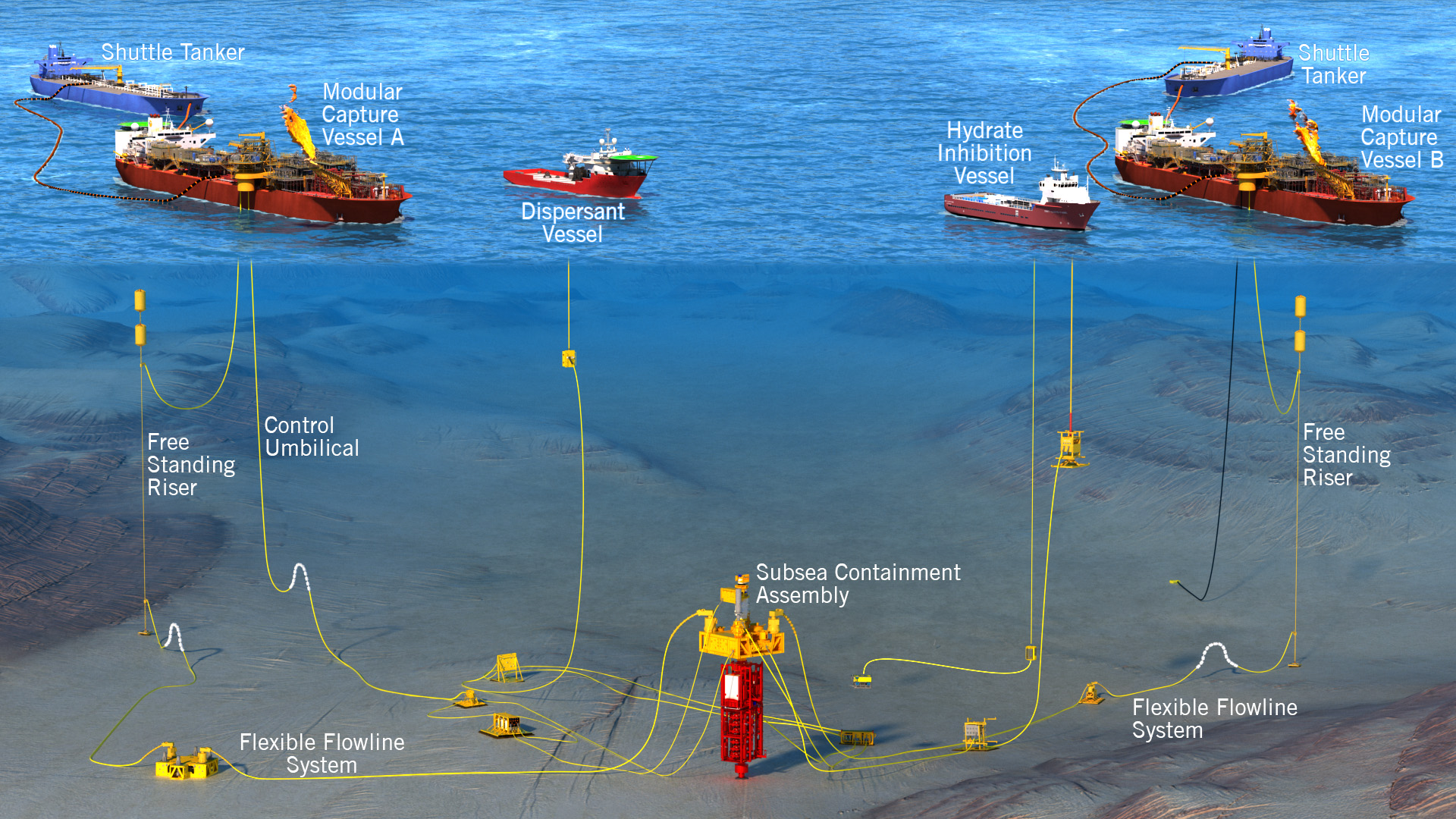
MWCC’s Containment System is available for use by members as well as nonmembers on a per-well basis.
MWCC has 10 member companies. In addition to ExxonMobil, current members include: Anadarko, Apache, BHP Billiton, BP, Chevron, ConocoPhillips, Hess, Shell and Equinor.
Related content
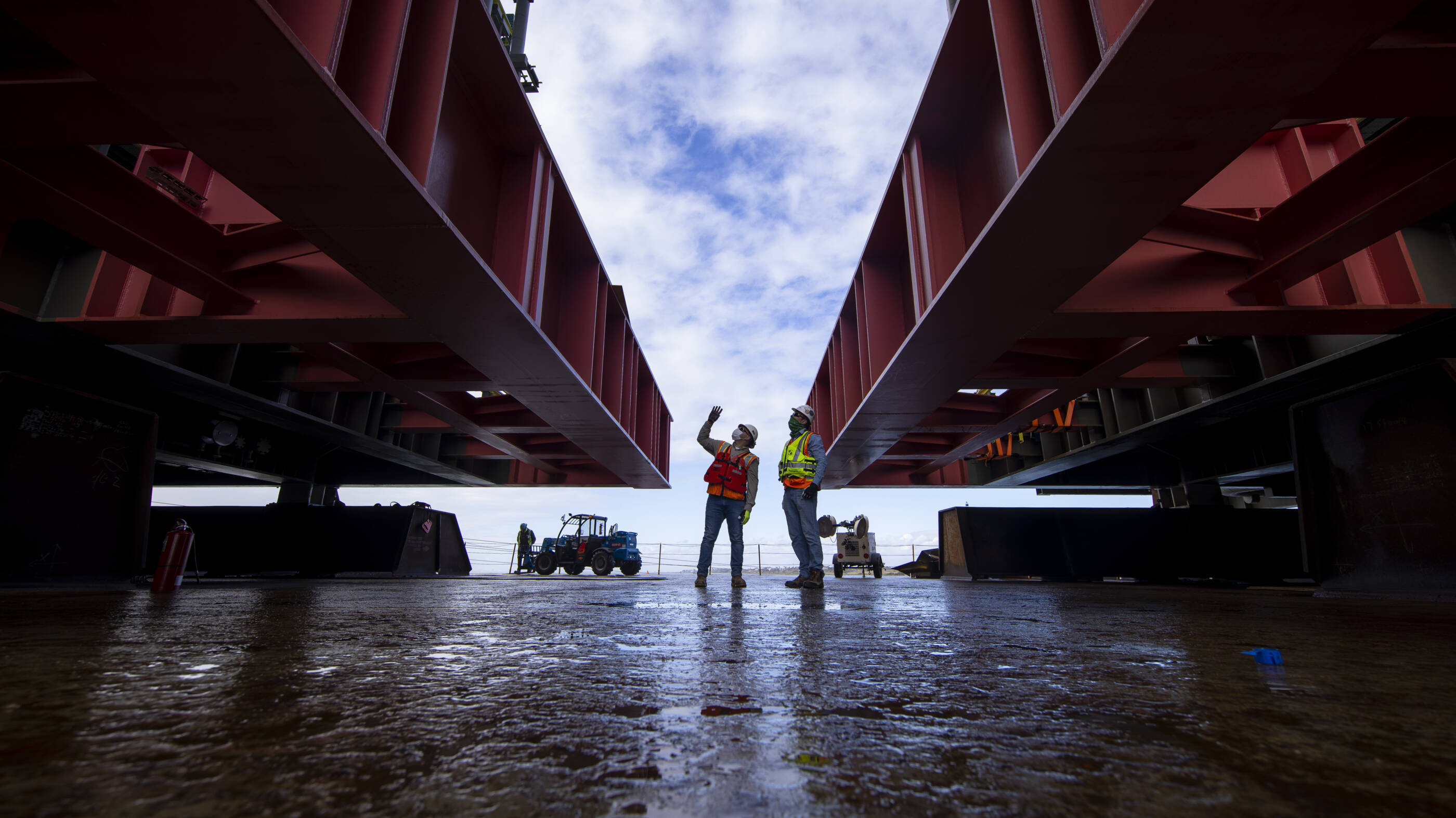
Emergency preparedness
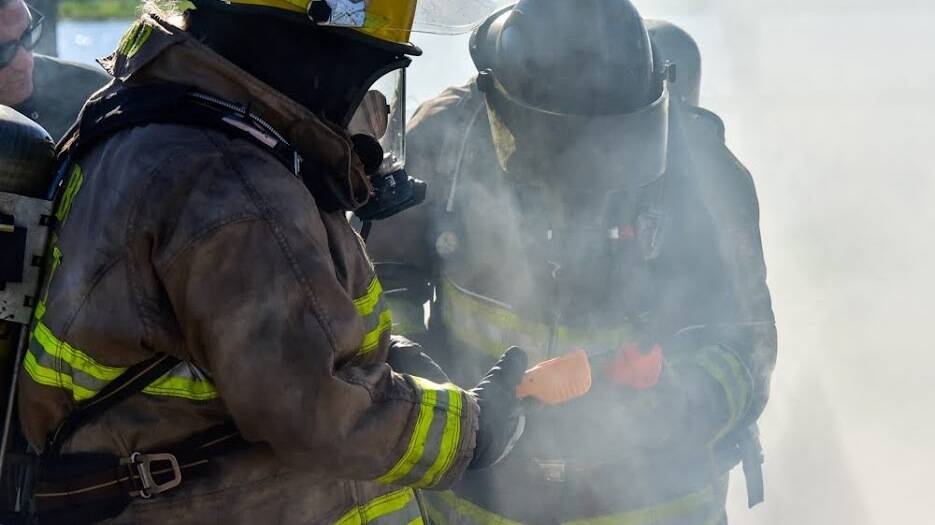
Real-life training to keep you safe
Key takeaways:
- We sponsor hands-on emergency pipeline safety training for local first responders.
- We’ve adapted the program to include training for carbon dioxide (CO2) pipeline emergencies.
- We offer the training to first responders across our pipeline and operations footprint – helping to keep communities safe.
3 min read
•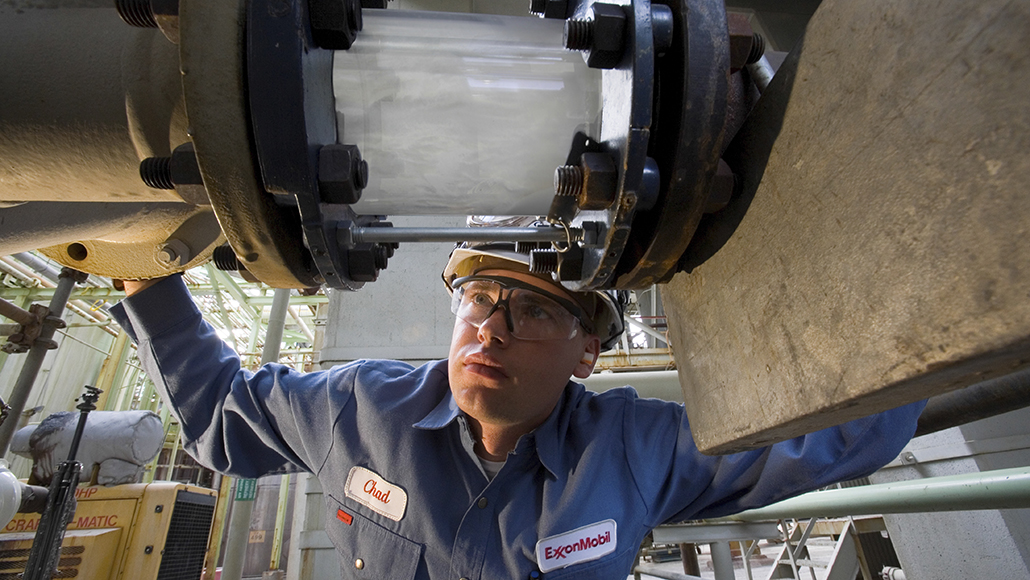
Management systems, standards and controls
At ExxonMobil, we believe that it is possible to obtain the energy the world needs while also protecting people and the environment.
Operations Integrity Management System
ExxonMobil is committed to conducting business in a manner that is compatible with the environmental and economic needs of the communities in which we operate, and that protects the safety, security and health of our employees, those involved with our operations, our customers and the public.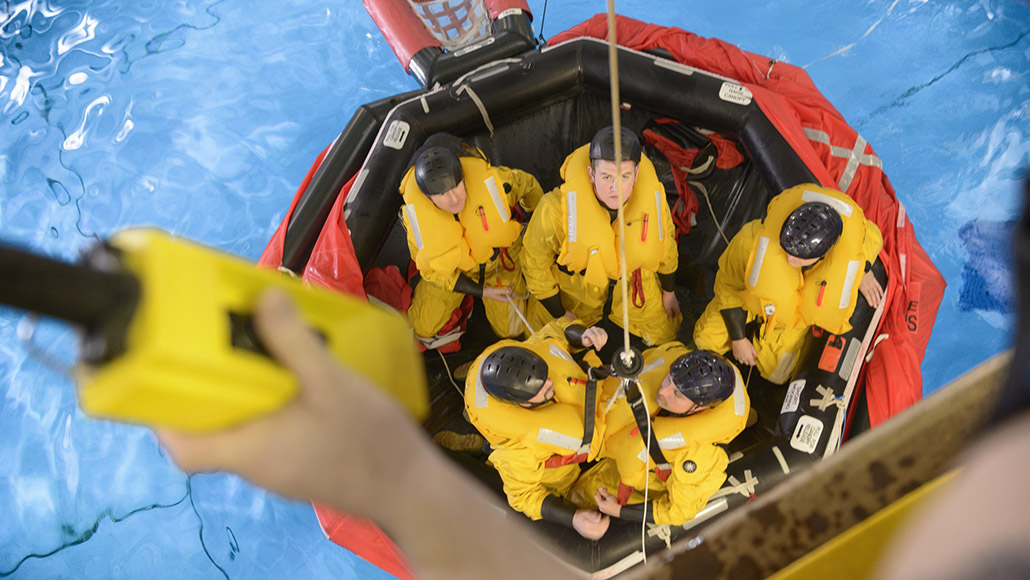
Putting OIMS into practice
To ensure every aspect of our safety, security, health and environmental framework — Operations Integrity Management System (OIMS) — is executed, all areas of our business are required to establish rigorously documented processes.